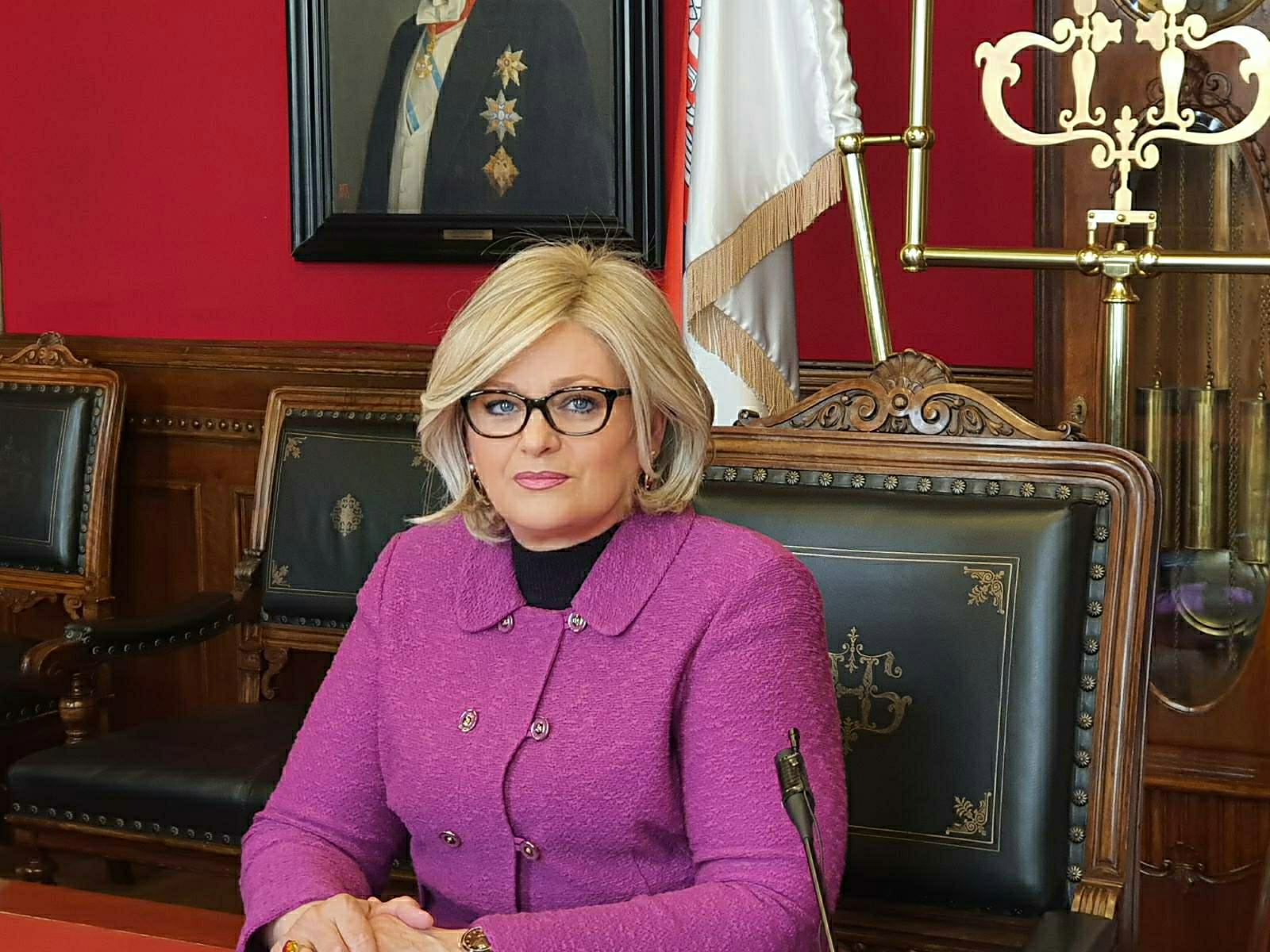12/05/2021
First of all, ideas about the introduction of a fixed exchange rate can in no way be characterised as “increasingly frequent“, because if there are any, they are limited to individual proposals. Furthermore, these ideas are completely unfounded, as they do not take into account the entire economic and monetary situation and the external trade position of the Republic of Serbia.

The exchange rate policy and regime are one of the key decisions and settings made by a central bank in the implementation of monetary policy, and have a strong impact on the overall economic policy, especially in small and open economies such as Serbia. For the past nine years the NBS has successfully implemented a managed float exchange rate regime, consistent with the monetary strategy pursued (inflation targeting). Hence, the exchange rate is freely formed, based on FX demand and supply, and the NBS may intervene in the FX market to ease excessive short-term volatility of the exchange rate of the dinar against the euro, to maintain price and financial stability and to safeguard an adequate level of FX reserves. It is precisely this exchange rate regime that enables the NBS to run an independent, credible and adequate monetary policy in accordance with the economic and market circumstances prevailing in Serbia.
The NBS is not aware of any increase in the number of fixed exchange rate proponents, as alleged by your portal, and is of the opinion that no such proposals would be justified. The so-called “impossible trinity”, a concept well-known to all economists, states that it is impossible to have at the same time a fixed exchange rate, an independent monetary policy and free capital movement. At best, it is possible to have only two of these at the same time, but not all three. For instance, if we wanted an independent monetary policy and free capital movement (having a positive effect on foreign investment), we would not be able to have a fixed exchange rate. Fixing the dinar to the euro would in practice mean a loss of monetary policy independence in favour of the ECB, which would significantly diminish the manoeuvring space for the NBS, especially having mind that many external shocks originated in recent years from no other place than the euro area (eurozone debt crisis, Brexit, etc). This would limit the NBS’s ability to mitigate (absorb) with its instruments different shocks, notably those from the international environment, which is of paramount importance, because Serbia is in the phase of accelerated development and is integrated into global foreign trade flows. The consequences of such an approach would be ultimately borne by domestic businesses and corporates, but also households.
A fixed exchange rate regime deepens the conflict between different economic policy objectives – it becomes considerably more difficult to achieve simultaneously objectives such as full employment, high growth rates, balanced balance of payments – especially if large external shocks materialise and the local currency cannot adjust to these shocks, if need be. Furthermore, in a fixed exchange rate regime, particularly in the long run, the real market value of the domestic currency usually deviates much more from the established fixed value, which should be periodically adjusted. In flexible and managed float regimes, these deviations are smaller, meaning that the official middle exchange rate of the dinar against the euro practically reflects its real value (it is neither overvalued nor undervalued), because these regimes provide for a gradual and not a sudden adjustment of exchange rates to market trends.
The current exchange rate regime gives the NBS sufficient flexibility and scope for running a responsible and credible monetary policy and for implementing an appropriate strategy in terms of the exchange rate.
Maintaining relative stability of the dinar against the euro, as the reference foreign currency, within the managed float exchange rate regime is the optimal strategy for Serbia, which provides for the preservation of price stability, ensures certainty in doing business, and gives security to the domestic financial system and foreign investors, while at the same time upholding monetary policy independence and facilitating adjustment to strong external shocks.
Let me repeat that the relative stability of the exchange rate within the managed float regime is extremely important for the achievement of the NBS’s main objectives, but also for the Serbian economy as a whole. The NBS will therefore seek to maintain the achieved stability in the future. In other words, the NBS will not change the existing strategy or exchange rate regime, given that this strategy, which gives the NBS sufficient flexibility, proved to yield the best results and to be the most effective in the current circumstances. And what gives exceptional results should not and must not be changed.
Governor’s Office